Most American high schools require their students to read Harper Lee’s classic novel, To Kill a Mockingbird, at some point. Unfortunately, forcing literature onto a teenager doesn’t always encourage them to open their mind to it’s ideas. Thankfully, I had Mrs. Essex that semester. She led us into eye opening discussions about the novel and it’s fragile themes. It was probably the first time I was within an honest and intelligent conversation about racism, sexual violence or childhood influences. Of all the literature I was exposed to in my teens, this became one of my favorites and the most thought provoking.
The story takes place in an Alabama town during the depression. Atticus (Gregory Peck) is the town’s lawyer, he’ll take any honest case and will accept payment in simple ways for people who are poor. He’s a widower and father of two children, ten-year-old Jem (Phillip Alford) and six-year-old tomboy Scout (Mary Badham). Jem, Scout and their friend Dill (John Megna) keep themselves busy just being curious kids around the neighborhood and fueling their imaginations with discoveries about the legendary Radley house. When Atticus defends a local black man who has been accused of raping a white woman, Jem and Scout have many hard questions to ask and they witness their father stand against the crowd and do what is right.
In the film, we see that kids are just kids, but it’s what the adults around them do and say that form their senses and understanding of the world. Perhaps it’s the lack of a strong female presence in Scout’s life that influences her tomboy ways, but Atticus is the perfect role model for her and Jem. They’re lucky to have him, on the other end of the parental spectrum is the town drunk, Mr. Ewell (James Anderson). He claims that his eighteen year old daughter, Mayella (Collin Wilcox), was raped and beaten by Tom Robinson (Brock Peters). After the courtroom scene, it’s obvious who the real culprit is and how much Mr. Ewell has wronged his daughter throughout her life.
One of the greatest scenes is when Atticus is protecting Tom from the lynch mob. Atticus is on the porch of the jail prepared to stand his ground, but hopes to do so peacefully. When the mob arrives, mostly made up of poor, chubby farmers, Scout and Jem rush through the crowd to their father. These men aren’t going to get violent with children around, right? Then Scout takes her innocence to a new level and tries to have a friendly conversation with Mr. Cunningham, whom Atticus has helped in court before. The shame on his face, from being picked out as a good man by a little girl when he has the intentions of killing a man is amazing and so moving.
I cannot go on enough about Gregory Peck’s Oscar winning performance as Atticus Finch. He upholds the feelings the character evokes in the novel perfectly. Atticus is the father everyone wants to have in some way. He’s smart, never raises his voice, teaches his children well, both educationally and morally. When Jem or Scout ask him tough questions, Atticus always knows what to say without sugarcoating the truth. He’s as respectful to children as his is to adults, and in return earns their respect. The AFI named Peck’s Atticus as the top screen hero in past hundred years. That’s quite an honor for a character who might sum himself up as simply a father and a lawyer.
Everyone, especially parents, should see (and read) To Kill a Mockingbird. Kids will be intrigued by Jem and Scouts adventures, but should have an adult on hand for tough questions about a certain word. If you ever need a coach to help you explain things to little ones, just remember that Atticus is a role model for every child to look up to and all parents to emulate.
“There just didn’t seem to be anyone or anything Atticus couldn’t explain. Though it wasn’t a talent that would arouse the admiration of any of our friends, Jem and I had to admit he was very good at that – but that was all he was good at… we thought.”
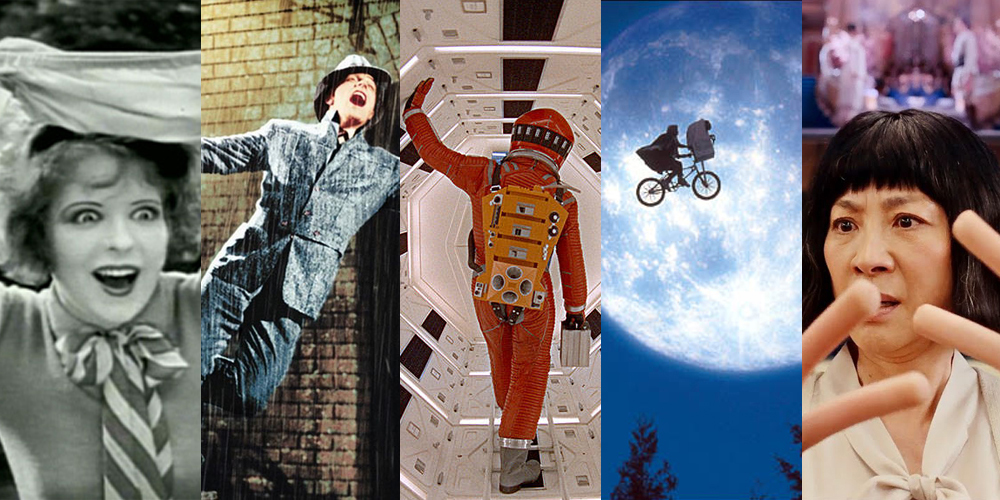
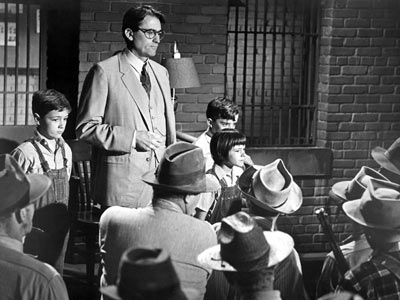




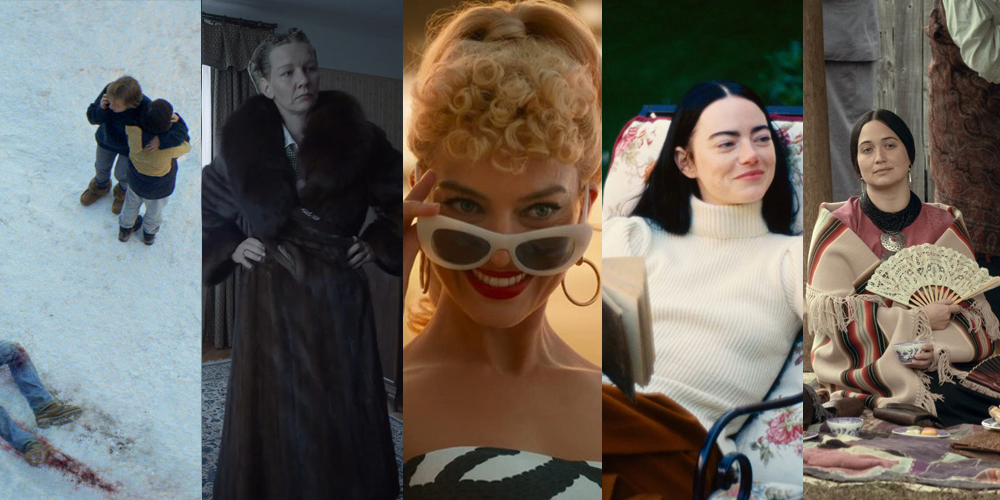
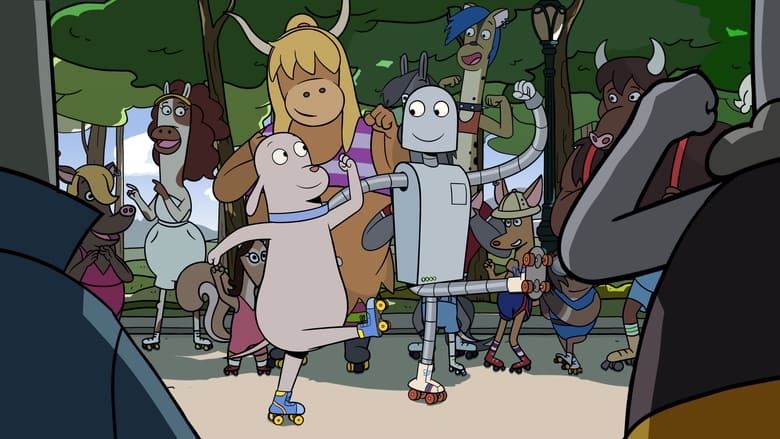
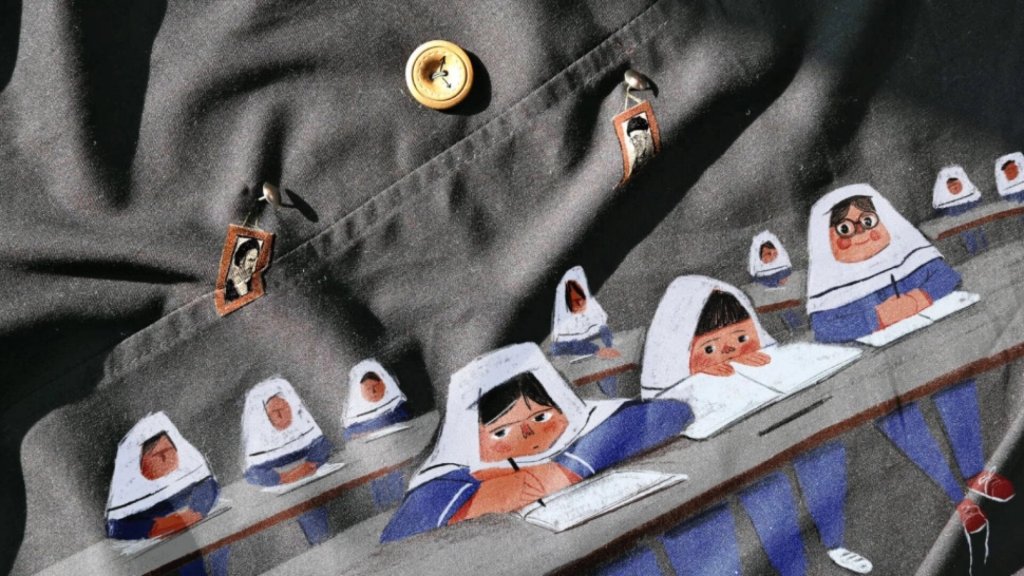
Leave a comment